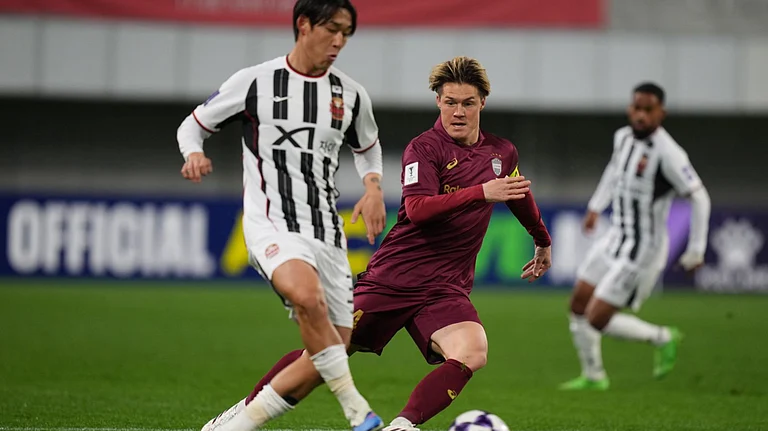Ratan’s Successes
- Has transformed the Tata Group into an international conglomerate
- Built domestic passenger car segment from zero, launched Nano
- Increased Tata Sons’ stakes in group COS; protected Tata brand
***
Cyrus’s Challenges
- Return on capital employed has dipped to about 10 per cent
- Over-reliance on TCS, Tata Motors makes group vulnerable
- Group reputation has taken hit after telecom scam, Radia tapes
***
That Ratan Tata had taken over from a titan like JRD in no way implies that Cyrus Mistry, in comparison, is in an enviable position. There’s no denying JRD made a tremendous contribution to India and to the Tata group. But it is Ratan Tata who has made the name stand out in the global marketplace under the microscopic scrutiny of shareholders, governments—domestic and foreign—and the media. It is expected that Mistry (with his understanding of the Tata culture and ethos) will lead a young brigade in his quiet, unobtrusive way. Tata watchers say that unlike RNT, Mistry has a reputation for being sharp, focused on numbers, intent on change without being dramatic about it.
Mistry has spent the last year shadowing Tata, meeting with stakeholders and governments, managers, heads of the group companies. It’s been a busy year. A Tata insider says, “It’s a surprise that he’s had time to breathe in the last year.” Despite Tata retiring at the end of this month, observers expect that he will be around to guide Mistry for at least the first two years—exactly like JRD did for the young Ratan.
Mistry’s elevation as successor took the world by surprise, considering the year-long search that preceded the announcement. For many, the final announcement was not that much of a surprise. As a top industrialist put it to a group CEO, “The key factor in finding a successor in such a group is not solely competence, it is also comfort.” And that has been the strongest reaction to Mistry’s appointment—that he “fits in”. As a son of Pallonji Mistry, his family is a larger shareholder in Tata Sons than RNT himself.
That’s one major difference between the two. Cyrus Mistry has a greater personal stake in ensuring the group grows by leaps and bounds. The immediate focus is likely to be on getting the house in order, considering how leveraged some of the companies in the group are.
Mistry faces different challenges than the ones that had confronted RNT. Considering his background with the Pallonji group, it is expected that he might look at focusing more on construction, real estate and power. The group is also understood to be interested in a banking licence when the opportunity arises. For the most part, bankers do not anticipate multi-billion dollar acquisitions in the immediate future.
When RNT took over, the group was in an unorganised state. Mistry will take over a more structured organisation and has to primarily ensure that what has been built is refined. Brand consultant Harish Bijoor says, “I think RNT has been the builder of the business, he has shaped it, moulded it and readied it for the future. Cyrus will be the reaper, he will reap the benefits of the seeds Ratan Tata has sown.”
As in Ratan Tata’s case, observers also expect that in time, Mistry will build his own set of a trusted few. However, sources say Mistry is more likely to choose people on the basis of business acumen than intuition. “Cyrus will face a very different set of challenges in a world far more globalised and a business empire that is far more complex and facing multiple headwinds as economic growth slows down. Chances are that individual company CEOs may become stronger once again as they had during JRD’s tenure,” points out Anirudha Dutta of CLSA.
The next two years will determine which way the wind blows. Comfort, after all, can only take you so far.




















.png?w=200&auto=format%2Ccompress&fit=max)





